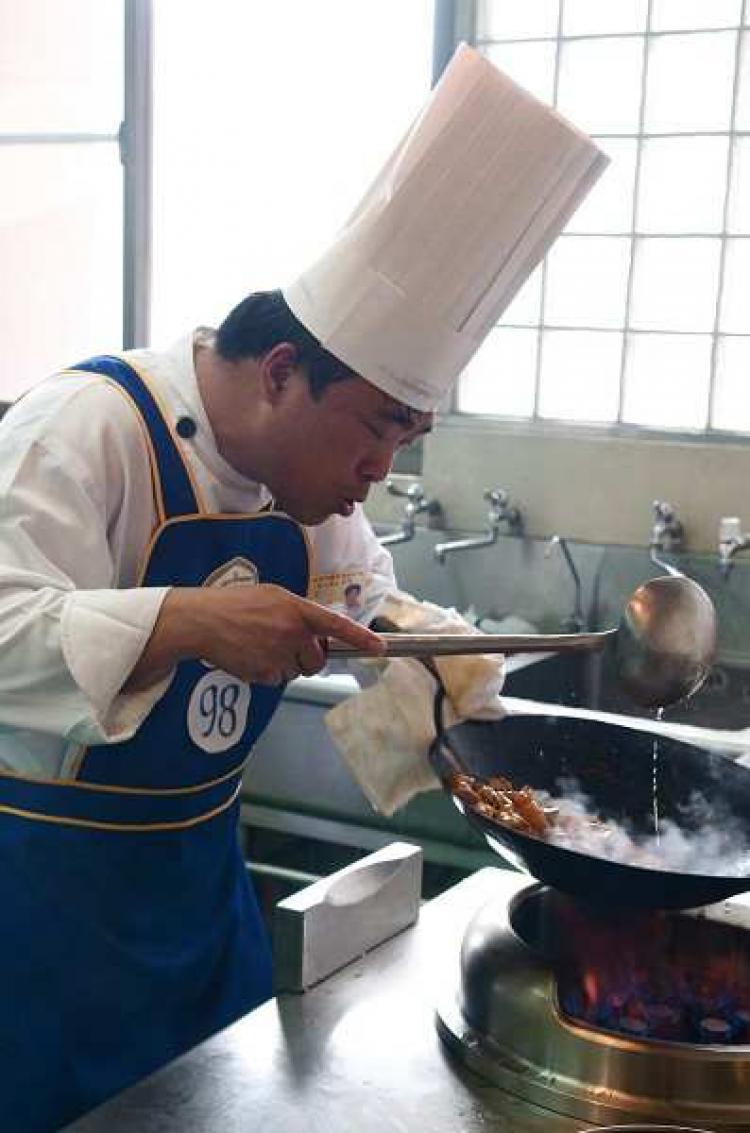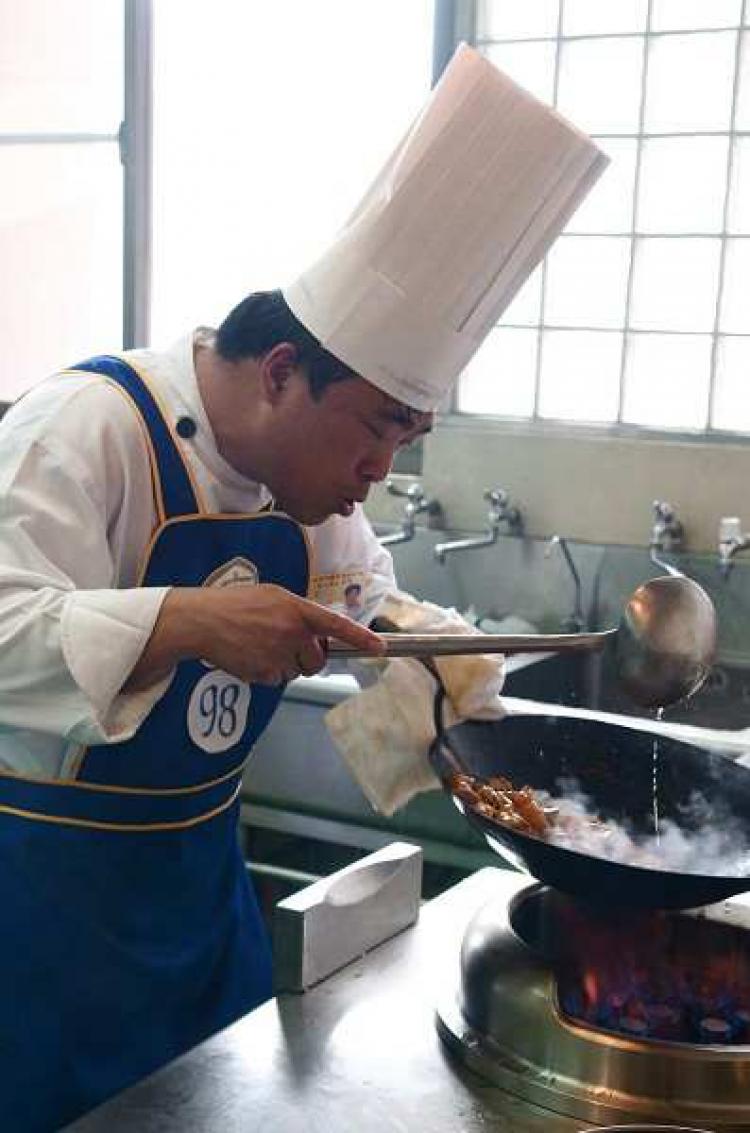In the heart of Manhattan a unique culinary event will take place for three days. For the first time in history, such a competition surrounding Chinese cuisine will be held outside of China. New Tang Dynasty Television (NTDTV), a New York-based Chinese network television station, will host the International Chinese Culinary competition.
The purpose of this competition is to promote authentic Chinese culinary techniques, revive traditional Chinese culinary methods as well as carry forward the exquisite culinary culture of China and disseminate orthodox Chinese culinary philosophy.
Master chefs from all over the world will showcase their skills in the five most popular Chinese cooking styles. Via live cooking demonstrations, contestants will create mouth-watering dishes, some of which will be designated by competition rules and others will be self-selected entrees to wow the judges and the audience.
The five different styles that have been passed down to generations, each has its own unique characteristics: The Northeastern cuisine is compared to strong men of the north—solid and down-to-earth; the Huaiyang cuisine is compared to delicate girls from south of the Yangzi river—uncomplicated and pretty; the Cantonese cuisine compared to a refined prince—romantic and carefree; while the Szechuan cuisine compared to historical litterateur, with rich contents and full of skills. All of them play pivotal roles in traditional Chinese culture.
The judge panel will select five winners in each of the five categories, and each winner will receive $10,000, a trophy and a certificate. A number of commendations accompanied by a certificate will also be issued.
Tony Dai, the Director of the Competition, emphasized the disparities between contemporary “Chinese food” common in the West and traditional, local, and authentic food consumed in China.
As a descendant of a high ranking official in the Royal Court of Qing Dynasty, Dai’s parents always felt that it is their “mission to revive the traditional Chinese culture because after 1949, under the Communist regime many Chinese traditions were destroyed,” he said.
Many Chinese dishes American people are familiar with, very often, are not representative of the authentic Chinese cuisine,” he said. “I remember when I first came to the United States, I asked an American friend who loved Chinese food ‘Which Chinese dish do you like the best?’ He said to me, ‘General Tsao’s Chicken.’
“I was so surprised to hear this, not because of how much he loved Chinese food, but because I have never heard of this dish before. I have never seen this cuisine in China or Taiwan or any other Asian country and when I did research on this dish, I found out that it was introduced in the early 1970s by the New York Times as an example of Chinese Sichuan food. So it was invented in the USA.”
With the competition, Dai is aiming to revive the spirit behind Chinese food. Chefs of Chinese food in the West “are normally focusing on the appearance of the food. However, in Chinese culinary tradition, taste is the most important part, then texture and then appearance,” Dai said.
Mr. Yun-qiang Qu is Chief Judge for the competition. “The most important thing about Chinese food is its ability to use different materials and produce in different regions using different techniques to create tastes that can be accepted by local people based on their different needs and tastes,” he said. “It is an important part of 5,000 years of Chinese culture which Chinese people believe that it is passed down from the heavens. The enormous number of techniques coupled with an abundance of materials throughout different regions in China has created a culinary culture that is so rich and deep.”
The quality of Chinese dishes traditionally is judged on certain criteria.
“Chinese food emphasizes color, aroma, taste, form, inner spirit, and health benefit with taste being the center of the focus,” Qu said. “Chinese food is all about taste. There’s a traditional saying in China: Chinese people regard food as the most important thing in life, and Chinese food takes taste as the number-one priority before anything else. This shows how important taste is in Chinese people’s lives. Modern culinary culture is all about being creative and fashionable or trendy. However, when food is disconnected from its cultural root, it doesn’t last.”





